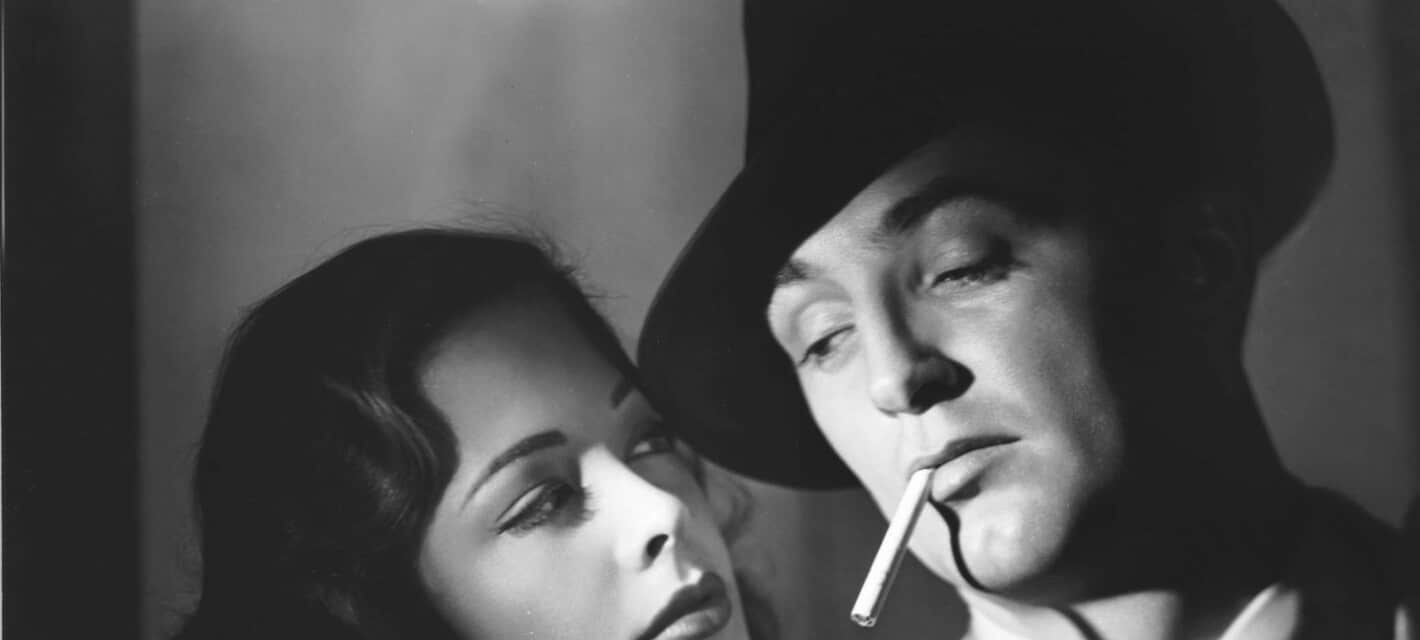It is hardly a surprise to anybody to learn that people could be jerks at times. We all know the old cliche surrounding the high school jock picking on the other kids in high school. That kind of jerk isn’t only in the movie, but many people don’t realize how many terrible people are out there. Our society worships celebrities and famous historical figures and seems to overlook their uglier sides. And of course, a nice person could do something that would be out of character and mean, but this article takes our qualifications to the next level.
There are jerk moves, and then there are jerk moves like the time Howard Hughes bought a major movie studio just to wreck an ex-girlfriend’s acting career. Powerful people in Hollywood and history itself found ways to be terrible jerks because they simply could. We know there are bad people today who would do things like that, but what about history’s sweethearts? You’re about to see the ugly side. Following are thirty things about that and other remarkable jerk moves from history.
30. Unsurprisingly, America’s Most Famous Weirdo Billionaire Was Also a Jerk

Not many people would be that surprised to learn that Howard Hughes (1905 – 1976), the billionaire recluse, eccentric, and all-around weirdo, could be a jerk at times. It is the extremes to which he went – and the extreme pettiness involved – in order to pull off some of his jerk moves that are surprising. Like that one time when he bought a major movie studio to which an ex-girlfriend was contracted, just so he could mess with and wreck her career.

His victim was Jane Greer (1924 – 2001), a film noir actress who made a splash in the 1940s with femme fatale roles in movies such as Dick Tracy, Out of the Past, and The Big Steal. In 1942, when she was eighteen, Greer caught Hughes’ eye when he saw her modeling in Life magazine. Infatuated, he sponsored Greer and sent her to Hollywood to become an actress. When she showed an interest in other men, it enraged Hughes. He reasoned that he had made her, and had every right to break her.

